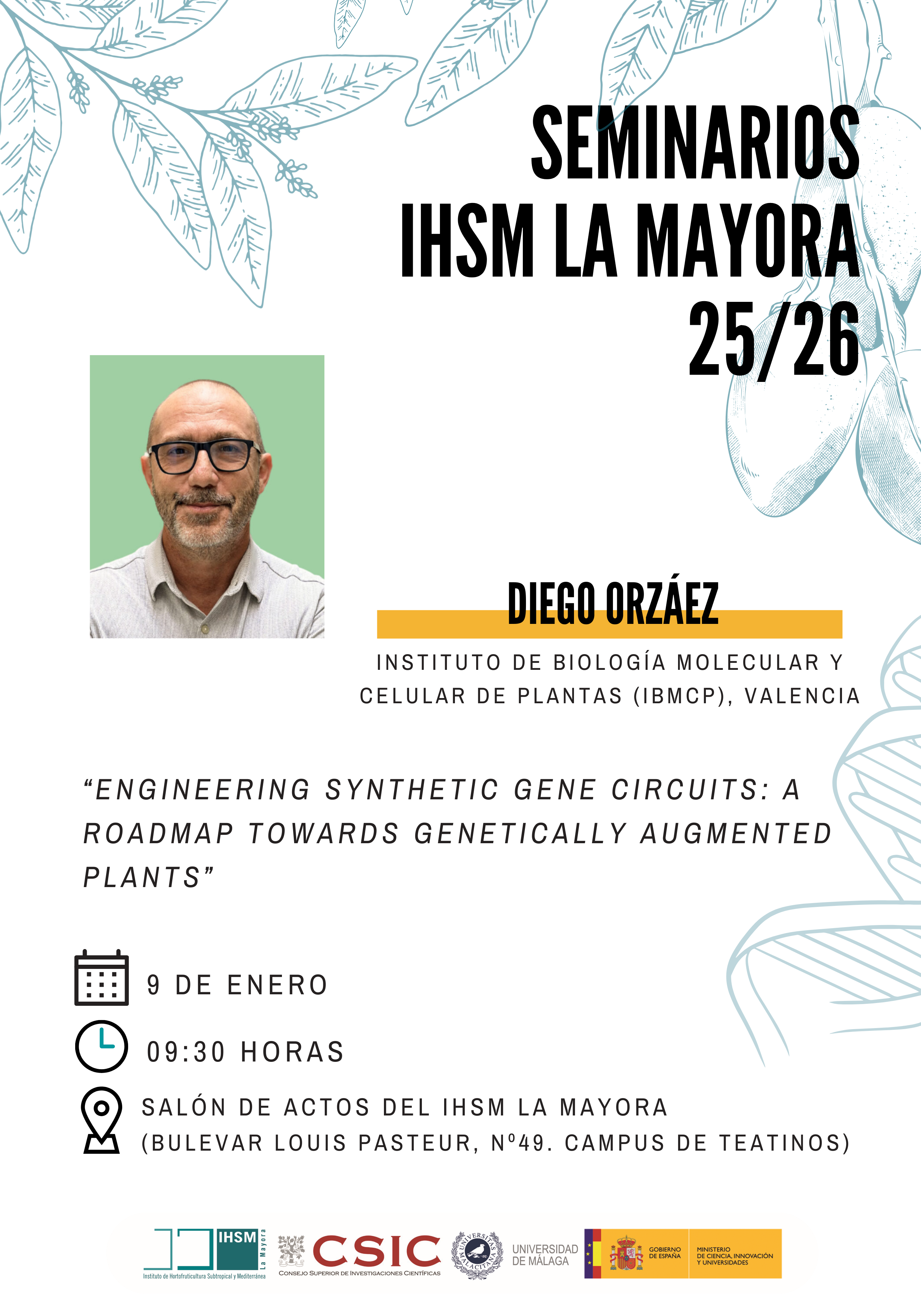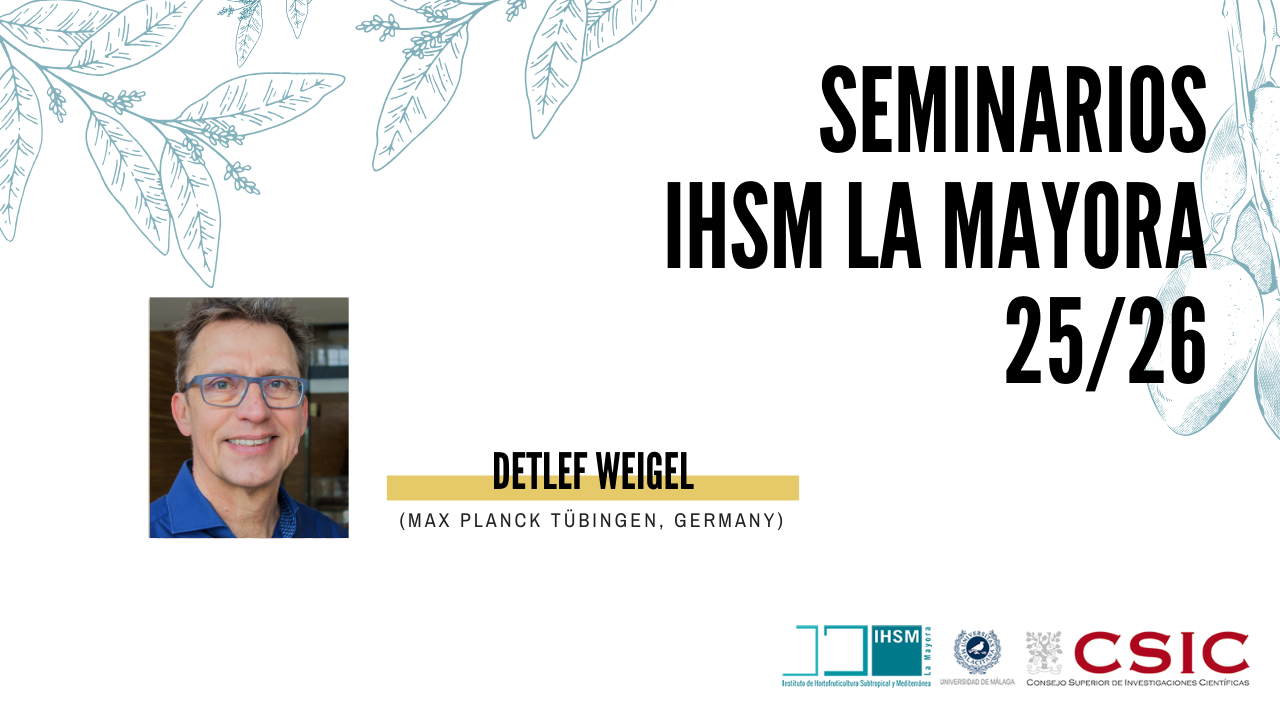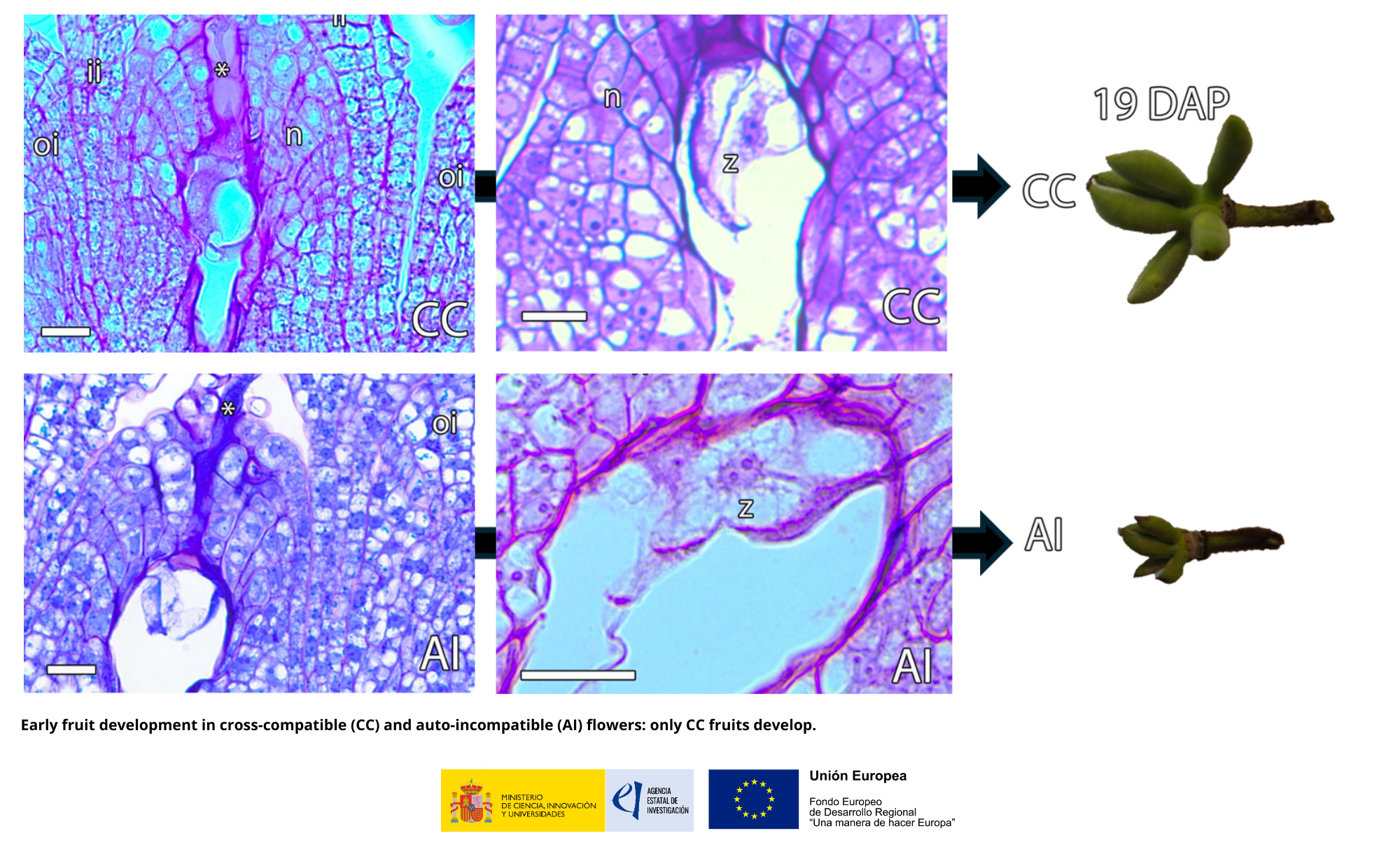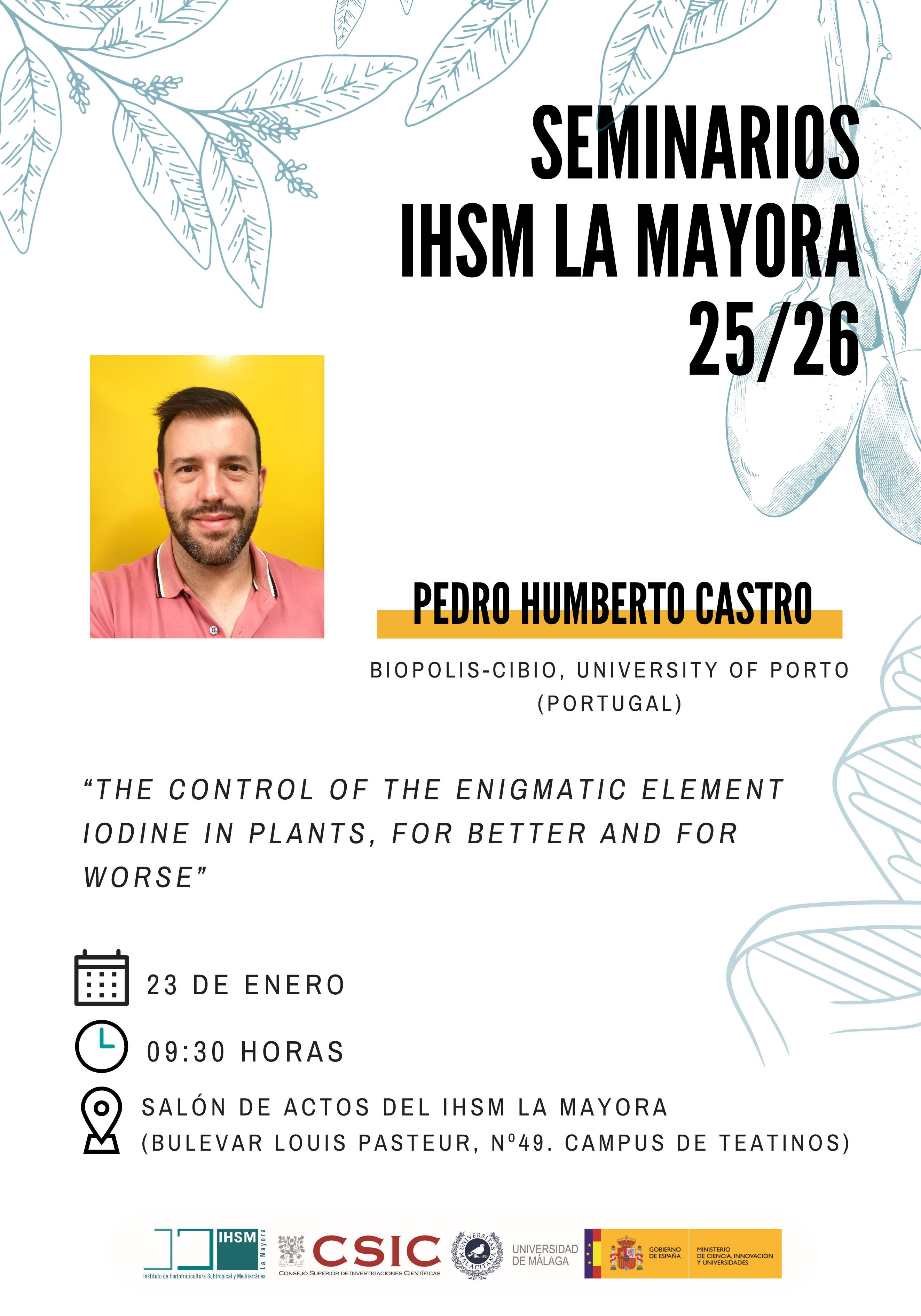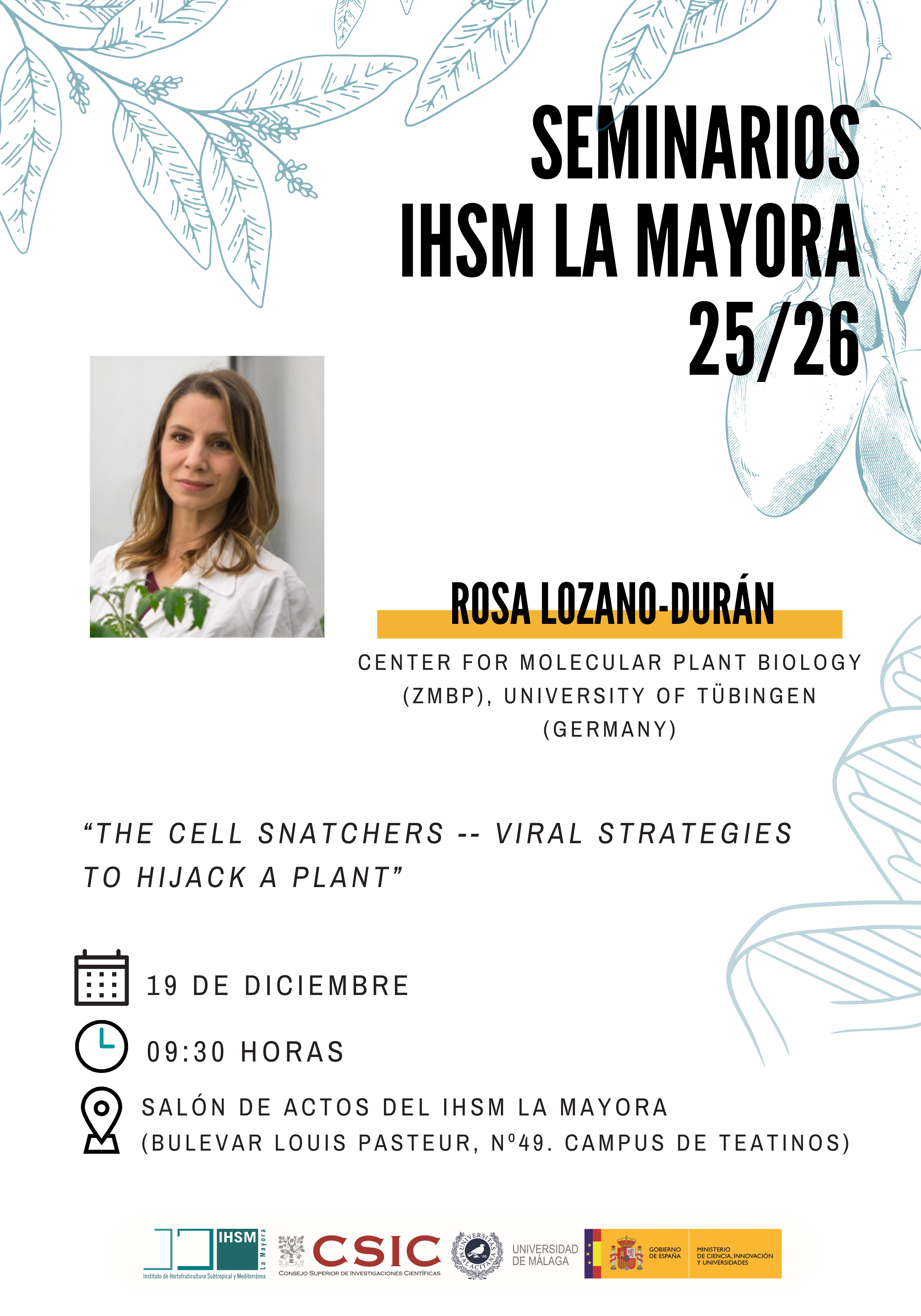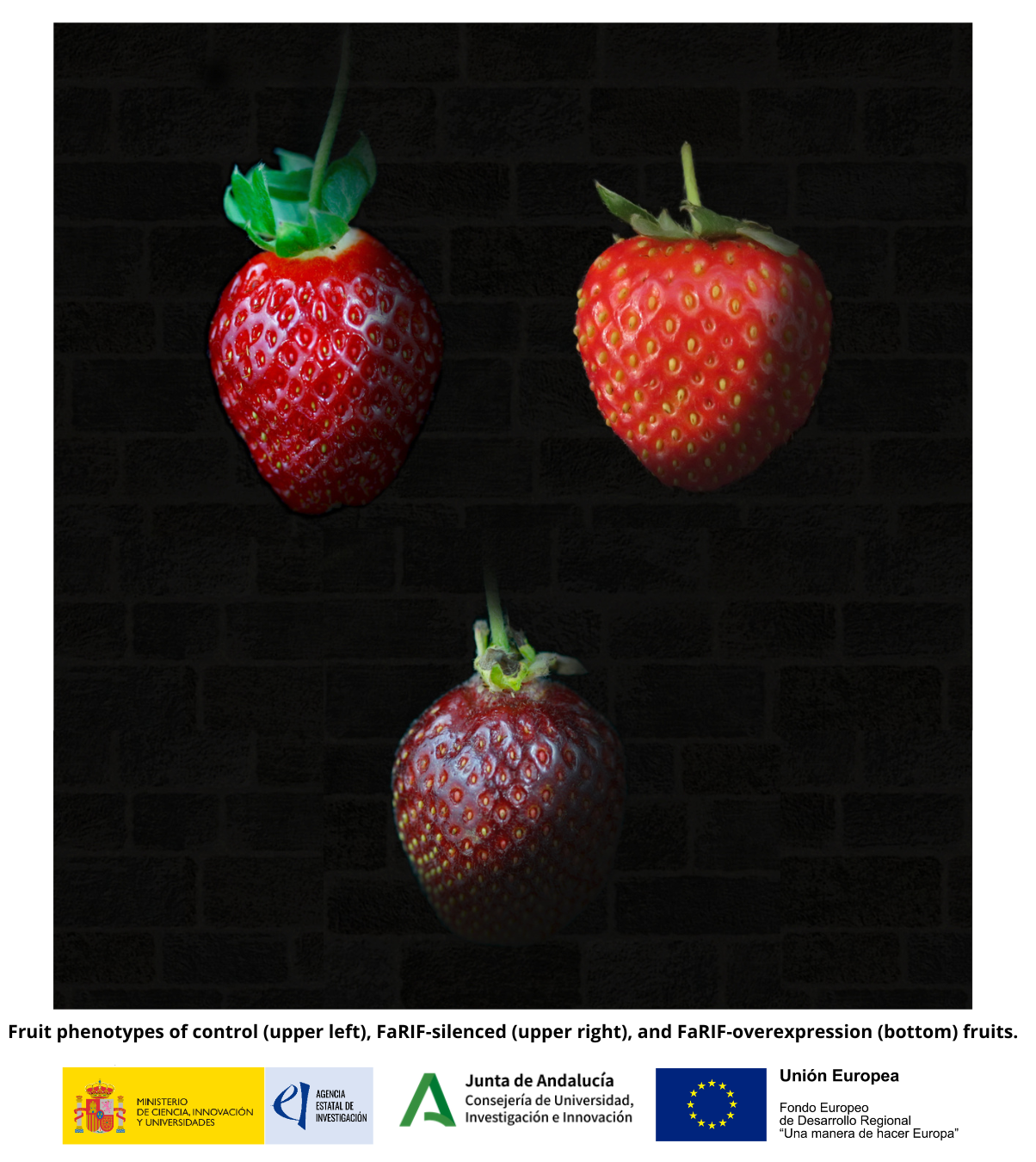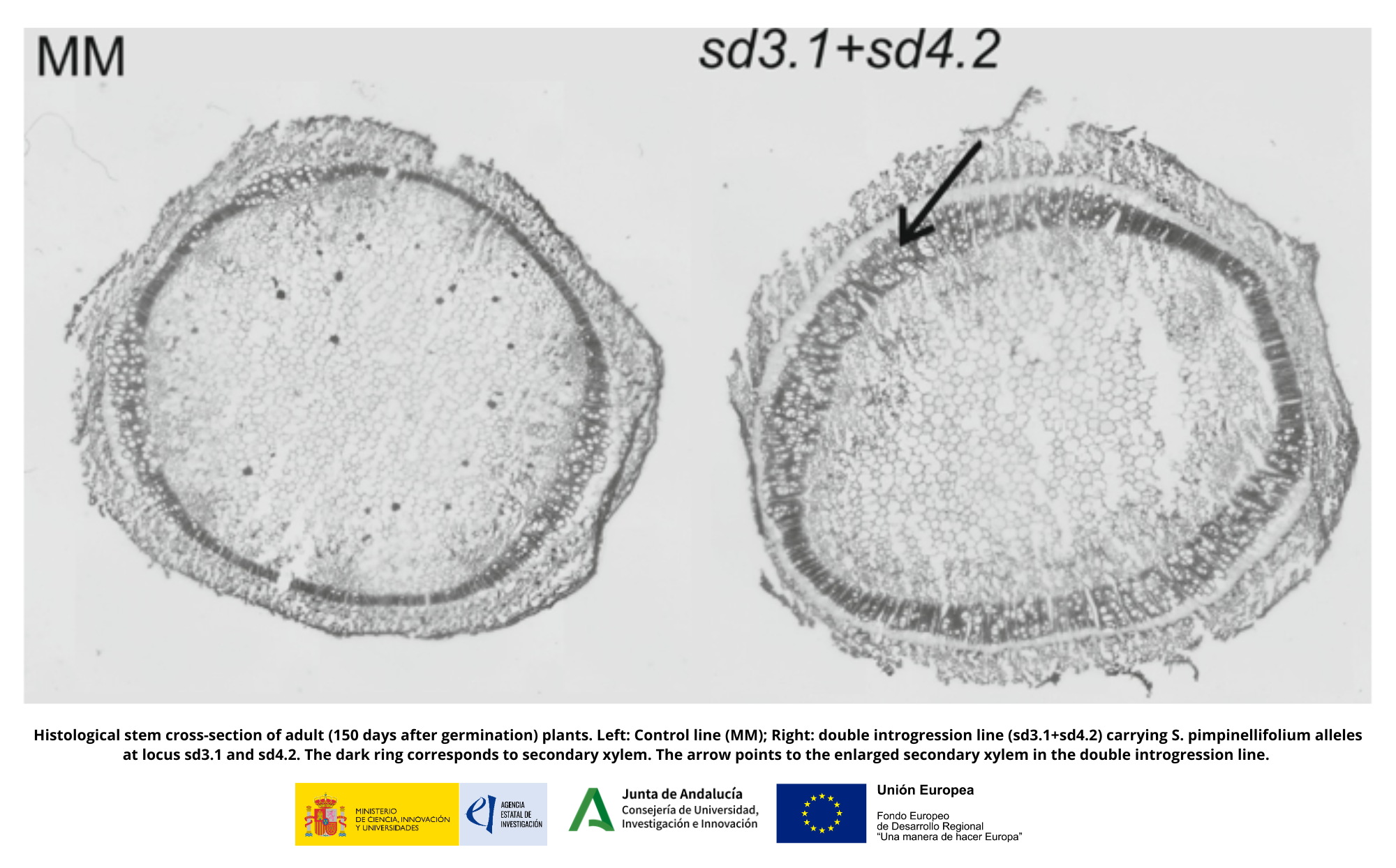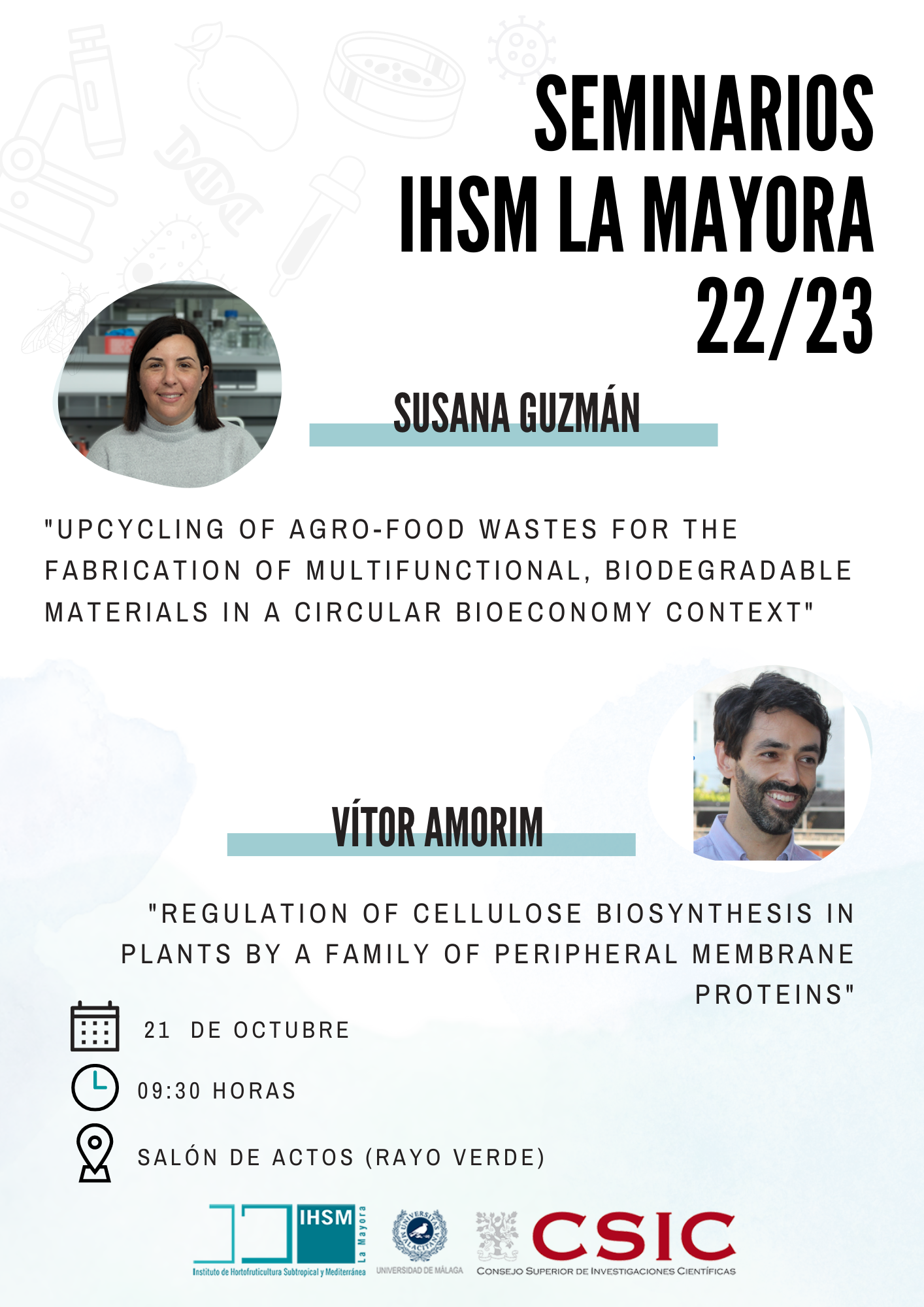
Seminarios IHSM La Mayora - Susana Guzmán | Vítor Amorim (IHSM La Mayora UMA-CSIC)
Seminar IHSM La Mayora | Susana Guzmán Puyol "Upcycling of agro-food wastes for the fabrication of multifunctional, biodegradable materials in a circular bioeconomy context" Abstract: Petroleum-based plastics are the predominant materials for different applications such as food packaging, construction or agriculture. They offer outstanding properties such as easy processing and low cost, among others. However, their massive use is causing important environmental problems, driving the industry towards more renewable options. In this sense, circular bioeconomy appears as a feasible paradigm in which by-products and wastes are efficiently valorize for the production of new goods. In this talk, I will present different strategies for the full exploitation of agro-wastes or the utilization of active molecules naturally present in agricultural residues. In particular, I will show the full conversion of agro-food wastes such as parsley and spinach stems, cocoa pod husks, and rice hulls into versatile biodegradable bioplastics. Also, I will present combinations of cellulose with other natural biopolymers such as silk or antioxidant molecules from seaweeds or citrus peel for the preparation of materials with direct application in the biomedicine field and food packaging due to their enhanced anti-inflammatory or antibacterial properties. Finally, a simple scheme for the direct use of cellulose and other cellulose-rich residues will be shown for the substitution of petroleum-based plastics in high-end photonic materials, emphasizing the high performance and complete biodegradability of these materials both in seawater and soil. Biography: I am chemist specialized in the production of multifunctional materials from plant biomass wastes. I studied Chemistry in the "Universidad de Málaga". In 2012, I spent some months in the “Instituto de Ciencia de Materiales de Sevilla” learning about advanced material characterization techniques. In January 2013, I granted a fellowship from the "Università degli studi di Genova" and started my PhD period. During that period, I was mainly involved in the fabrication of biodegradable materials from cellulose and cellulose-rich vegetable wastes. In April 2017 I finished my PhD and I started my postdoctoral period as a collaborator in a research project for the industry related to the fabrication of composites from polyhydroxyalkanoates (PHA) with improved properties. In 2019, I started as a Postdoc in the “Universidad de Málaga” and in 2020 I moved to the Spanish Research Council (CSIC) where I continue my research as a Postdoctoral Researcher with a postdoctoral contract for access to the Spanish Science, Technology and Innovation System by the “Junta de Andalucía”. During my research career, I have carried out a multidisciplinary research combining the fields of Food Technology, Materials Science, and Chemical Technology for the fabrication of sustainable polymers and bioplastics for applications where conventional petroleum-based plastics are currently used. The goal has been to minimize the use of non-renewable natural resources and the accumulation of non-degradable and toxic wastes by production of sustainable, biodegradable materials from plant wastes and by-products in a circular bioeconomy approach. Seminar IHSM La Mayora | Vítor Amorim-Silva Regulation of cellulose biosynthesis in plants by a family of peripheral membrane proteins Abstract: Controlled primary cell wall remodeling allows plant growth under stressful conditions, but how these changes are conveyed to adjust cellulose synthesis is not well understood. We identify the Tetratricopeptide Thioredoxin-Like (TTL) proteins as new members of the cellulose synthase complex (CSC) and describe their unique and hitherto unknown dynamic association with the CSC under cellulose-deficient conditions. We find that TTLs are essential for maintaining cellulose synthesis under high salinity conditions, establishing a stress-resilient cortical microtubule array, and stabilizing CSCs at the plasma membrane. To fulfill these functions, TTLs interact with Cellulose Synthase1 (CESA1) and engage with cortical microtubules to promote their polymerization. We propose that TTLs function as bridges connecting stress perception with dynamic regulation of cellulose biosynthesis at the plasma membrane. In addition, we are currently working to identify and characterize new components involved in TTLs function and dynamics during cellulose biosynthesis under saline stress conditions. Biography:: After studying Applied Biology (University of Minho, Portugal), Vítor Amorim-Silva did an internship in a Plant Molecular Biology laboratory under the supervision of Dr. Rui M. Tavares and Dr. Herlânder Azevedo, using Arabidopsis as a plant model to uncover novel key components involved in the role of Reactive Oxygen Species (ROS) and their implication in abiotic stress responses in plants (2006). In 2007, he continued his training as a Researcher, starting his PhD in the same research group with a project that uncovers SUD1 as a regulator of HMGR activity in the plant isoprenoid biosynthetic pathway. This work contributed to the identification of common elements but mechanistic differences in HMGR regulation between plants, yeast and animals. In 2013, Vítor Amorim-Silva joined Dr. Miguel Angel Botella’s research group at the University of Málaga as a Postdoctoral researcher, and contributed to reveal that TTL proteins, originally identified to have a role in salt tolerance, function as positive regulators of BR signaling, likely by bringing together cytoplasmic and plasma membrane BR-signaling components. In 2022, he was awarded with a 2-years research project as an Emerging Principal Investigator (University of Málaga, FEDER). He is currently working in a project to show that TTL proteins are novel key elements involved in plant cellulose biosynthesis, and to identify and characterize new components involved in the TTLs function and dynamics during cellulose biosynthesis under saline stress conditions.

